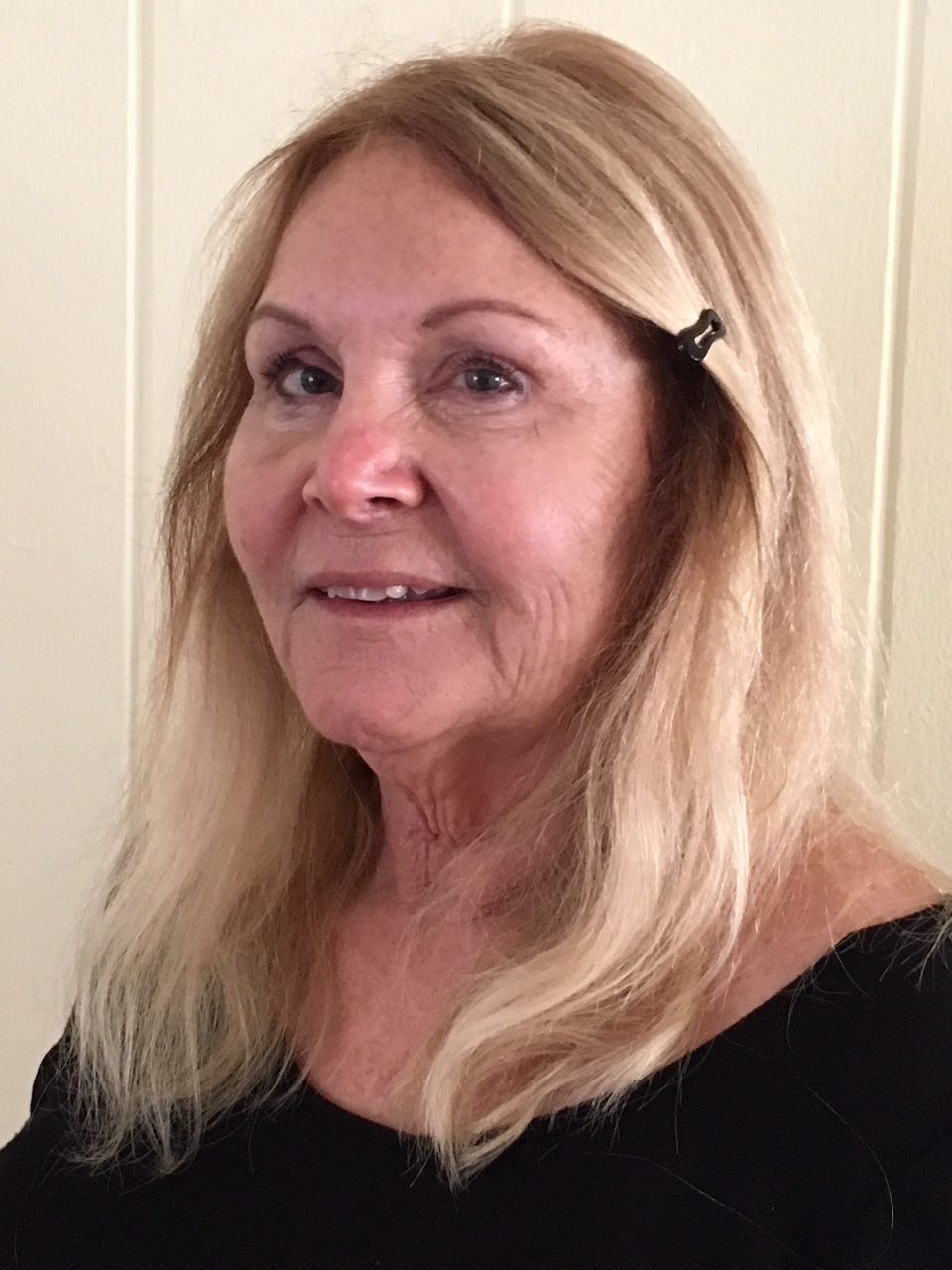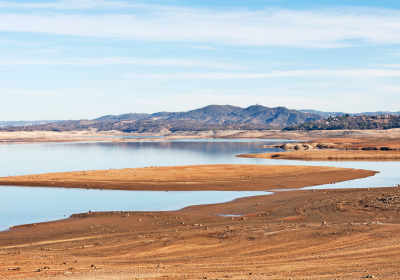Soon after simultaneous wildfires devastated Pacific Palisades and Altadena in January, Los Angeles County Supervisor Lindsey P. Horvath convened an independent commission of volunteers, aided by UCLA researchers and tasked with making recommendations for rebuilding the communities more safely and resiliently.
The university and the 20-member Blue Ribbon Commission on Climate Action and Fire-Safe Recovery moved quickly, releasing its final report and 54 recommendations in June at a well-attended gathering in downtown Los Angeles. Several of the participants, including Horvath, spoke glowingly of the commission’s work.
But the commission’s most sweeping recommendation — to form a Resilient Rebuilding Authority with powers to buy and sell property and receive property tax dollars — soon stalled in the state Legislature. A second major recommendation, to create a Regional Fire Control District, focused on prevention and risk reduction, would require voter approval for a parcel tax or property tax to pay for it. It won’t get on the ballot until at least next year.
Other recommendations are more quickly making their way into the recovery, and the commission’s work is credited with advancing the rebuilding efforts as well as helping construct a more resilient future. As a result, the commission’s work — both in terms of its contribution and the limits of that effort — offer a case study in the intersection of research and policy. Research can and does inform policy, but policy makers are not always ready to accept it, and politics always looms large.
Commission Chair Matt Petersen, CEO of the Los Angeles Cleantech Incubator and the former chief sustainability officer for the City of Los Angeles, said the recommendation to form the rebuilding authority came too late in the legislative session for it to be offered as a new bill, so its author, state Sen. Ben Allen, attached it to an unrelated measure already winding its way through the Legislature.
Legislative obstacles
The technique, known as “gut and amend,” is commonly used late in the session. But Petersen said language left in the original bill caused confusion that was fanned by an inaccurate social media campaign — false reports suggested that the legislation was intended to clear the way for high-density housing in the Palisades — prompting Allen to drop the bill. He said he will bring it up again next year when it can be more thoroughly explained.
In August, Horvath asked the county Board of Supervisors to examine the feasibility of establishing an authority locally. She said recently that the county’s “Blueprint for Rebuilding” shows how a joint powers authority can help cities and unincorporated county territories achieve a coordinated, equitable rebuilding. Malibu, which lost a wide swath of homes and businesses adjacent to the Palisades fire, is ready to try a concentrated, coordinated approach to rebuilding, Horvath said.
Petersen said in an interview with Blueprint that he remains optimistic about the authority’s eventual chances because he believes people will increasingly see the need for an authority and the resources it can supply.
“I think as people see things drag out — that they are going to take longer than, unfortunately, people want them to — they are going to be hungry for resources and leadership,” Petersen said.
In the meantime, he added, “There are 52 other recommendations” that people can turn to for guidance in rebuilding the burned-out neighborhoods and in ensuring communities are better prepared for future wildfires.
The recommendations include requiring stringent fire protection building standards and materials, streamlining permits for rebuilding with all-electric homes (to combat climate change), improving water delivery systems, creating buffer zones in fire areas and making sure property owners can get fire insurance.
In fact, Horvath said recently that several measures already have been implemented: “We’ve already created a one-stop resource hub for rebuilding; updated fire-safe building standards; and launched an AI tool to speed up plan checks. We’re investing Prop. 4 funds in brush clearance and fire-risk reduction projects, undergrounding 150 miles of electric lines and updating wildfire safety maps. The County Fire Department is now reviewing landscaping plans for resilience, while hazard mitigation projects are upgrading fire flow and pump stations. We’ve deferred permit and inspection fees for fire survivors and are building new workforce pathways in resilience-related jobs,” Horvath said, adding the actions “reflect the commission’s vision.”
Commission members, appointed by Horvath, represented a wide swath of business, civic and environmental leaders. Petersen said at least three of its 20 members had been affected by the fires.
The role of UCLA
UCLA played a key role in the commission’s work in two ways. The university helped collect the experiences of fire victims in Pacific Palisades and adjacent parts of Sunset Mesa and Malibu and in Altadena and affected parts of Pasadena. UCLA also provided research to inform the commission’s recommendations.
More than 40 researchers, including those from the Luskin Center for Innovation, the Emmett Institute on Climate Change and the Environment and the Sustainable L.A. Grand Challenge, answered the call.
Chancellor Julio Frenk called the commission’s work “a terrific example of UCLA connecting with our wider community.”
Megan Mullin, director of the Luskin Center for Innovation, led the research team, which included work from other institutions. She said she was impressed by how willing her colleagues were to contribute to the effort of ensuring the commission “had access to the best research on a range of topics that touched on their work.” Mullin also called out the California Community Foundation for providing financial support for the effort.
Mullin said she believes the research helps people expand their focus from the immediate — how to rebuild and get back what we had — to broader concerns, such as how to minimize damage from the inevitable fires of the future.
“We need to think about the longer term. We need to think about the nature of risk in Los Angeles and adapting our building environment so that this does not happen again,” Mullin said. “We need to think seriously about bringing equity into rebuilding so that it’s not the case that just those who are well off can return to their homes and restore their lives.”
Political scientist Raphael Sonenshein, executive director of the John Randolph Haynes and Dora Haynes Foundation, applauded UCLA for its support of the commission.
“I think it’s great that a major university played such an important role in connecting research to a real-world outcome,” Sonenshein said. “We need more of that.”
What is likely to make things difficult for other aspects of the fire recovery, especially for a proposed authority, Sonenshein added, is the complicated and crowded political environment, with myriad issues vying for officials’ attention.
Both the city and the county of Los Angeles recently changed their approaches to homelessness, and the two jurisdictions don’t seem to be getting along all that well, Sonenshein said. Plus, the county government is undergoing a momentous structural overhaul approved by voters as Measure G in November 2024, and the city is again talking about Charter reform.
“The [Blue Ribbon Commission] report seems like a solid piece of work,” Sonenshein said, “But it’s hard to gain traction for any single governance change in the current cluttered environment.”
Maryam Zar, who founded the Palisades Recovery Coalition, has been active in local issues since about a decade ago, when she formed a task force on homelessness in the upscale community. She said the Commission work was “super valuable but less helpful” than it could have been “because of the way it was rolled out.” She said Palisades residents were more accustomed to dealing with L.A. city officials and not the county, and that it was an adjustment to work with the county.
Zar also expressed frustration that the proposed fire authority legislation got derailed in Sacramento and faces an uncertain future in the next session.
“If we don’t set up an authority, we will lose a great deal,” Zar said. Rebuilding in the face of such a great loss, she and others emphasized, requires a concerted, unified and muscular effort.

























